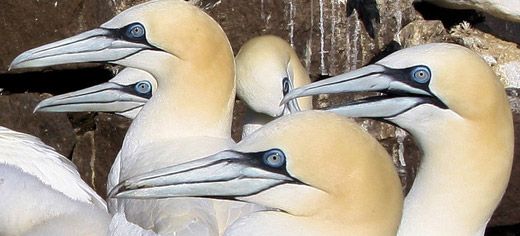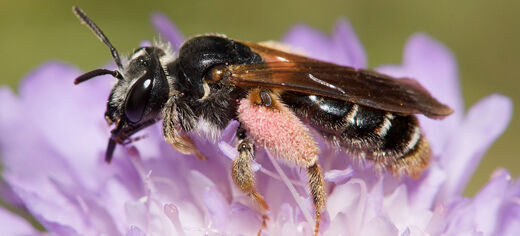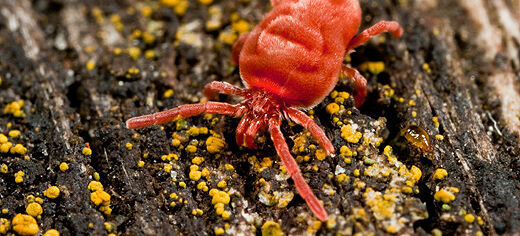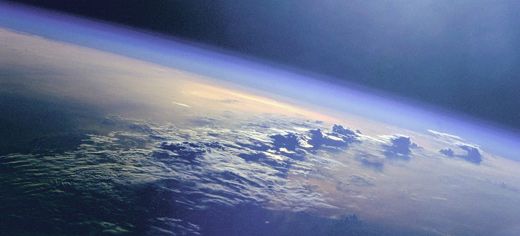
Gannets don't eat off each other's plates
Colonies of gannets maintain vast exclusive fishing ranges despite doing nothing to defend their territory from rival colonies, scientists have discovered.

Colonies of gannets maintain vast exclusive fishing ranges despite doing nothing to defend their territory from rival colonies, scientists have discovered.

Declines in the biodiversity of pollinating insects and wild plants have slowed in recent years, according to a new study.

Observations of the climate's response to rising greenhouse gas levels are consistent with conventional estimates of long-term 'climate sensitivity', despite a "warming pause" over the past decade.

Environmental change can drive hard-wired evolutionary changes in animal species in a matter of generations.

Researchers at the University of Leeds may have solved a key puzzle about how objects from space could have kindled life on Earth.

Small-car manufacturer Fiat beat its efficiency record in the 2008 recession while former high-achievers Toyota and BMW showed their worst results in 10 years, according to a new study.

Basic physics and statistic tools could offer a simpler and more meaningful way to model key elements of the Earth's climate, according to researchers at the University of Leeds and Brown University.

Soot is the second largest man made contributor to global warming and its influence on climate has been greatly underestimated, according to the first comprehensive analysis of the problem.

Scientists at the Universities of Leeds and York have discovered that the majority of ozone-depleting iodine oxide observed over the remote ocean comes from a previously unknown marine source.

Increasingly hot summer weather could cause a fall in crop yields over the next two decades unless farming techniques are improved more quickly, scientists at the University have found.